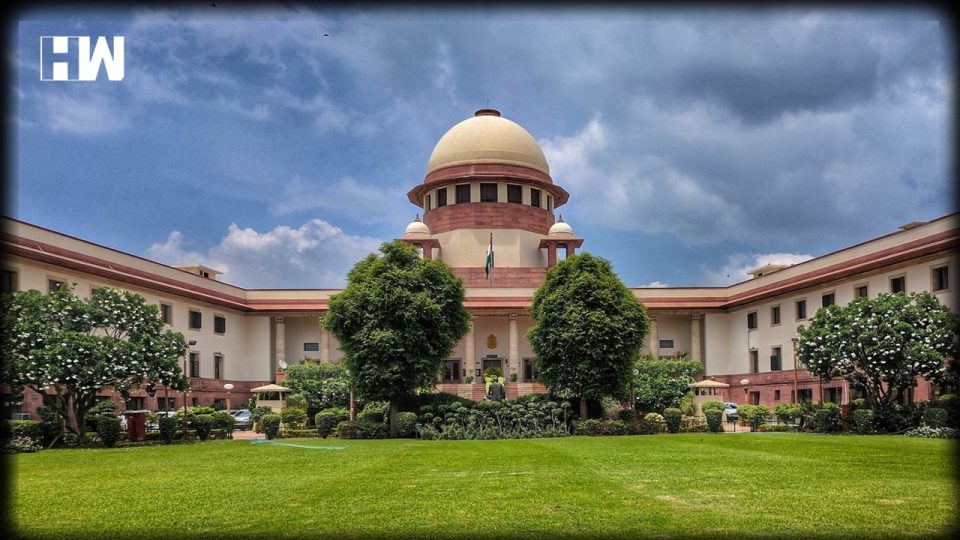New Delhi: Supreme Court (SC) while hearing the plea by Noida resident Monicca Agarwal complaining of delays in daily commute caused due to the road-blockade on Thursday, made certain oral remarks disapproving the road blockade in Delhi-NCR region as part of the protests carried out by the farmers against the three controversial laws passed last year.
Justice Sanjay Kishan Kaul remarked that the highways cannot be blocked perpetually, “Redressal can be through judicial forum agitation or parliamentary debates but how can highways be blocked and this cannot be a perpetual problem.”
The SC clarified it was not concerned with larger issues relating to farm laws that can be decided judicially, politically or administratively and that it was only dealing with road blockade.
“We have said this before… roads should not be blocked. This is a single mother who has to face many issues because of blocked roads,” the Bench said posting the matter for further hearing on Monday.
The top court has allowed the center to file a formal application to make farmer unions party to the plea seeking opening of road blockade at Delhi- Uttar Pradesh (UP) border at the UP gate.
Solicitor General of India Tushar Mehta informed the bench that a High-Level Committee was constituted to hold talks but the protesting organisations refused to participate. He requested the bench to pull up the protesting organisations as respondents in the matter. The bench directed the Solicitor General to file an application to that effect. The case has been adjourned to next Monday for further hearing.
As the main roads connecting Delhi and Noida remain blocked since the beginning of protests against farm laws in November last, the SC had, on March 29, issued notice to the Centre and the UP Government on a petition by a woman who said commuting had become a nightmare for her.
As an independent media platform, we do not take advertisements from governments and corporate houses. It is you, our readers, who have supported us on our journey to do honest and unbiased journalism. Please contribute, so that we can continue to do the same in future.

